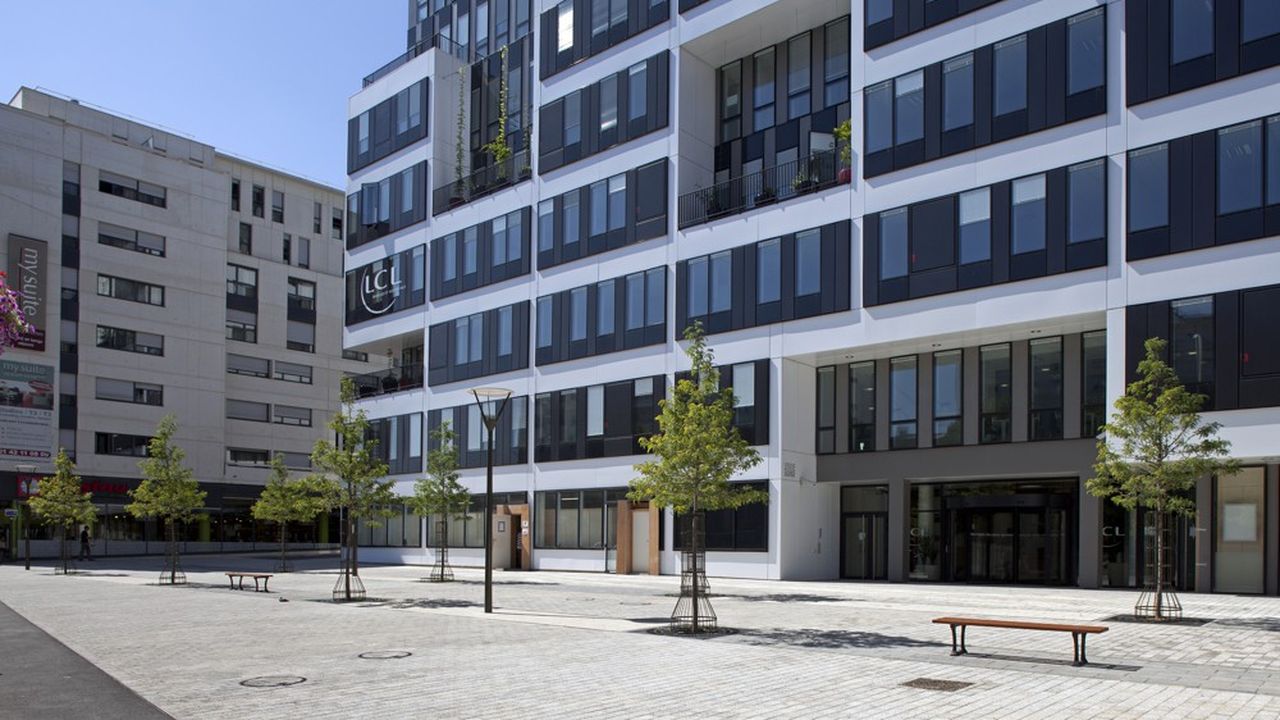This November 8, the United States will reopen its border with Mexico and allow the crossing of fully vaccinated visitors, the social cost of the measure implemented since March 2020 is measured in birthdays, graduations, quinceañeras and funerals that border people could not attend.
By Angela Kocherga / El Paso Matters-KTEP 88.5 FM
–
EL PASO – Along the border, residents and businesses are counting the days until travel restrictions related to the COVID-19 pandemic are lifted, allowing all fully vaccinated visitors to cross into the United States on November 8th.
“We’re all excited for the bridges to open because it’s the perfect time of year,” said Samuel Lara, an employee at Simple Moba, a store in south El Paso, half a block from the international bridge.
“Eighty percent of our clientele comes from Mexico,” he said. “We lost hours. We lost money ”.
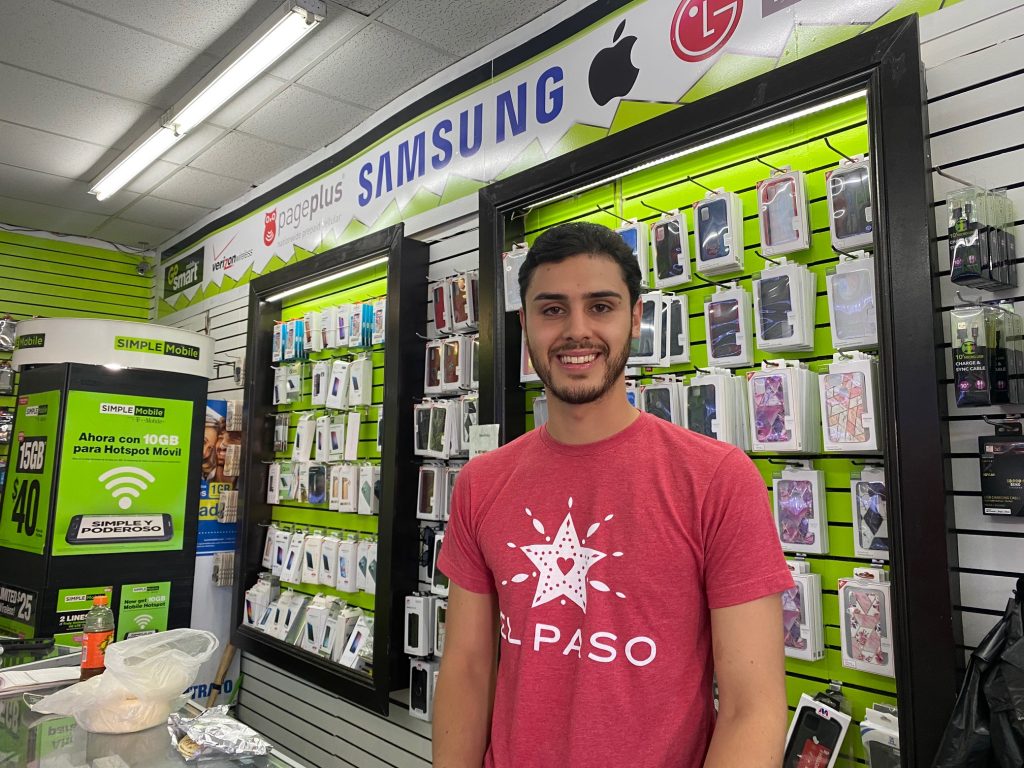
–
Many, like Lara, hope that the Christmas season will help them recover losses suffered since March 2020, when global concern about the rapid spread of the COVID-19 virus led to the ban on all but essential traffic. People were allowed to cross the border for work, school or medical reasons. But the authorities did not consider it essential to go shopping and visit relatives.
The measure prohibited the visits of Mexican citizens who have visas or passes to cross the border, but US citizens and legal residents who crossed into Mexico would return home if they went to Ciudad Juárez.
As a result: Businesses that depended on clients from Mexico suffered losses long after the Texas economy opened, leaving the border closed to nonessential traffic.
“Foot traffic on the bridge was reduced by approximately two-thirds,” said Joe Gudenrath, executive director of the administrative district, El Paso Downtown Management District. This economic organization spans 110 blocks from downtown, from south of I-10 to the border.
In El Paso alone, cross-border buyers from Ciudad Juárez and other parts of northern Mexico are estimated to add $ 1.3 billion in sales per year, according to the publication. Borderplex Business Barometer, produced by economists at the University of Texas at El Paso.
“There were a few closures, as you would expect,” Gudenrath said.
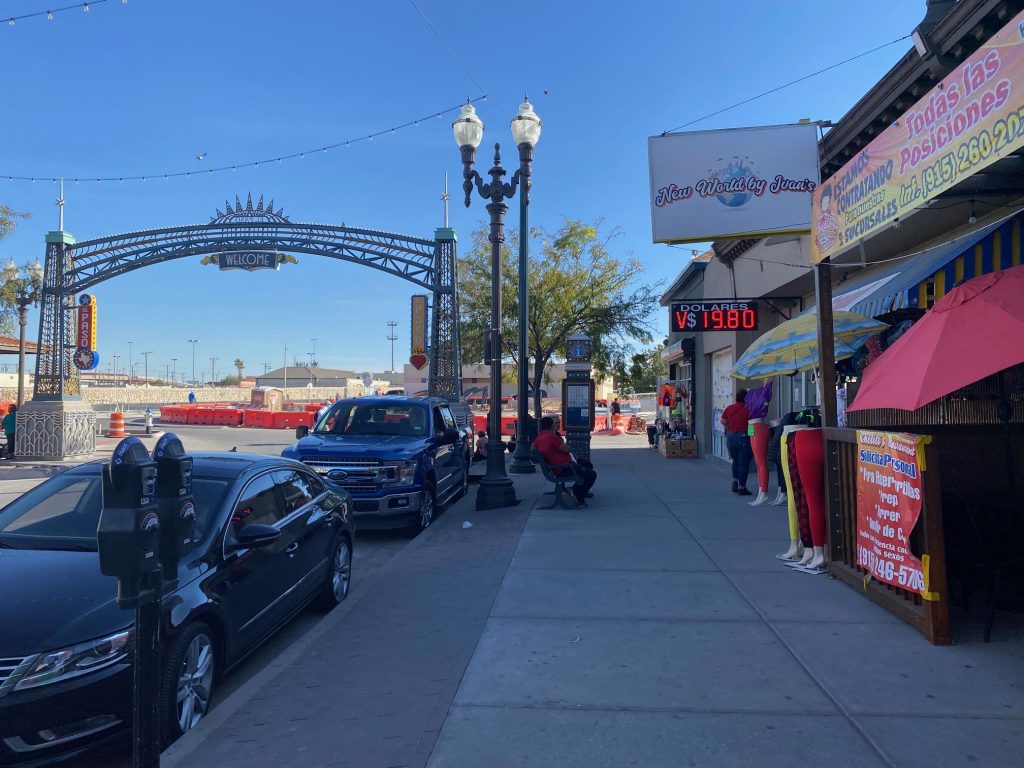
–
South El Paso has long been known as the place with the highest number of commercial spaces. There are currently about five empty storefronts in South El Paso, according to Gudenrath.
“For those who did stay open, it was out of sheer determination and aggressive efforts to attract El Paso customers to the stores,” Gudenrath said.
Some of the businesses changed locations. In an empty store there is a small sign taped to the window to notify customers: “We are moving to the Cielo Vista mall.”
The pandemic exposed the inequalities generated by the implementation of public health policy to stop the spread of COVID-19. The border remained closed, but air flights were restarted. Fully vaccinated grandmothers from Ciudad Juárez weren’t able to cross the international bridge on foot, but tourists from the US hopped on planes to enjoy a vacation in Mexico.
Mexican citizens in border states who could no longer drive across international bridges also had to buy plane tickets to get to cities like El Paso, Laredo and McAllen. For some families, this option was not available to them.
Economic and family ties extend from both sides of the border.
“Decisions made on one side have a direct impact on the other side,” said Eva Moya, associate professor in the department of social work at the University of Texas at El Paso. His research covers cross-border health issues in both El Paso and Ciudad Juárez. “Therefore, you have to understand that, yes, many of us have one foot in one country and the other foot in the other country.”
The social cost is measured in birthdays, graduations, quinceañeras and funerals that could not be attended.
“You can’t replace a hug, a kiss, a human touch, the essence of closeness to loved ones,” Moya explained.
“And the fascinating thing is who is considered essential and who is not, because at the end of the day, I kind of look at the essential people and the essential workers and I think, wow, that’s the majority of us.”
María Patricia Miter Carlos, a grandmother who lives in Ciudad Juárez, is among those who were unable to attend family milestones during the partial closure.
“They baptized my granddaughter and I couldn’t be there to see her either,” he said.
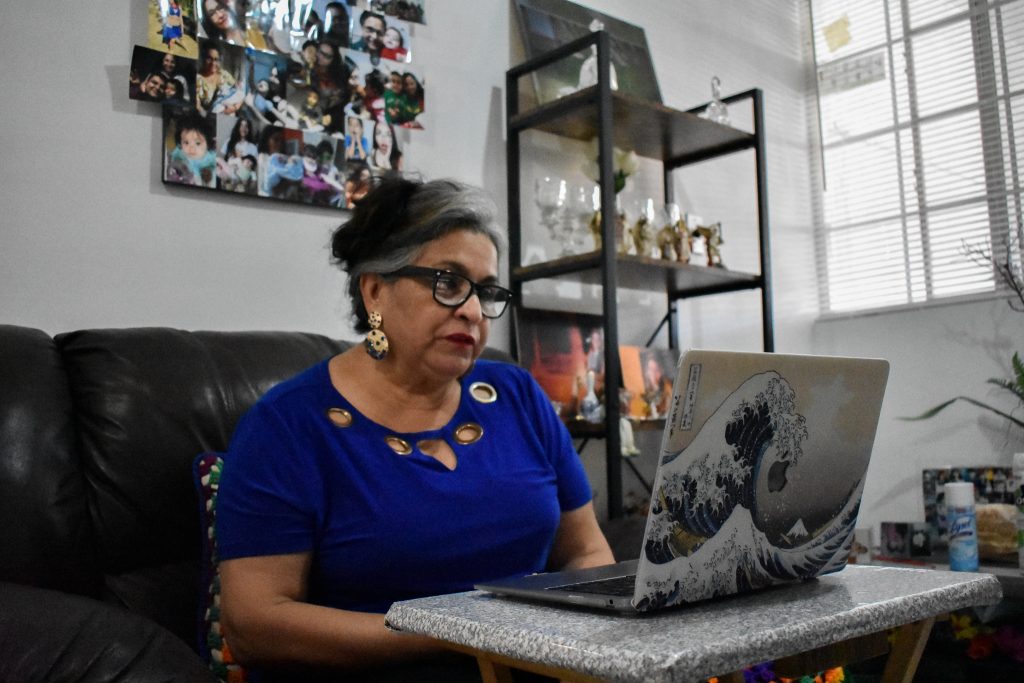
–
Miter said her son tried to wait, but the baby was growing and restrictions at the border continued to stretch from month to month.
The last time Miter set foot in the United States was in February 2020, just before the United States and Mexico closed the border to non-essential traffic.
“We are losing that beautiful experience that we grandmothers have with our grandchildren,” said Miter.
The working parents were also left without the help of the grandmothers who take care of the children, something that Miter has done for his now nine-year-old grandson since he was a baby. She was the one who picked him up every day from school. He says that the authorities who decided what is essential when they closed the border have to experience firsthand what it is to be completely separated from loved ones.
“For the people who, I think, make those decisions to understand, they have to not live with their families, to go through what we have gone through,” he said.
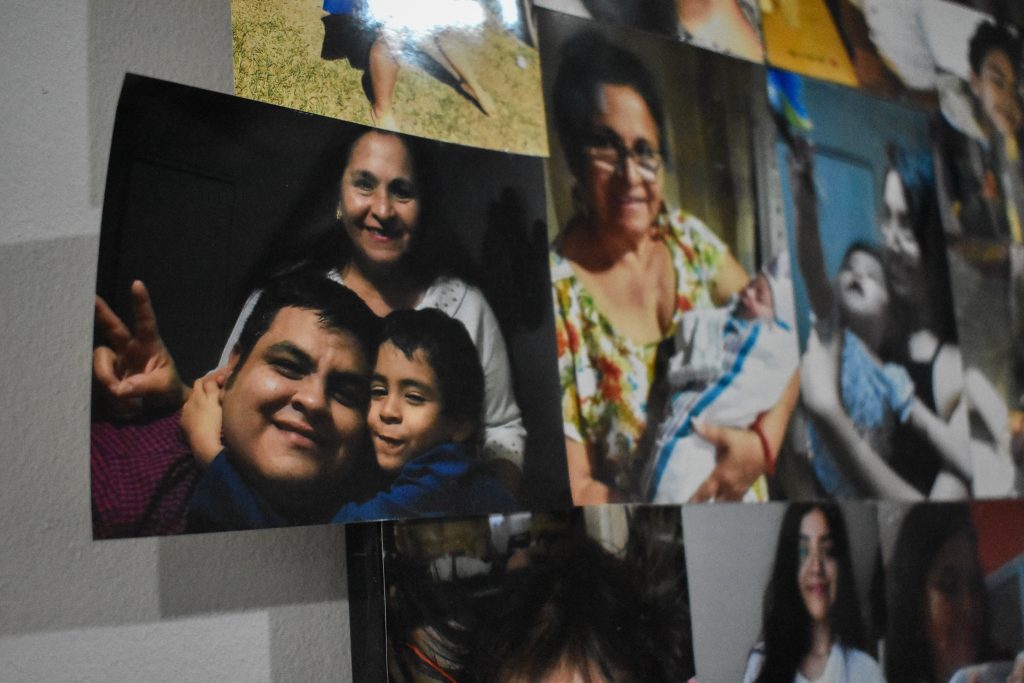
Photojournalist Heriberto Pérez, 23, recently graduated from university, like many, grew up enjoying a binational life.
“I love living here because it is a unique experience to be here in the border region,” he said.
Pérez is a citizen of LEE. And crossed the border on both sides for work reasons. But many of his friends and relatives in Ciudad Juárez have not been able to visit El Paso.
“It could be someone who wants to be here at the Sun Bowl to see the football team, or go to a concert with their favorite musical band, or there will just be people who want to come here to visit their families,” he said.
Shared experiences bring border communities together, Pérez said. His family and friends in Ciudad Juárez are happy that the border is being opened again to be able to enjoy the big events and also the simple things in El Paso, “to savor the Whataburger here again,” he said.
***
This content was produced as part of Puente News Collaborative, a binational association of news organizations in Ciudad Juárez and El Paso, of which he is part The truth.
Related Notes:



